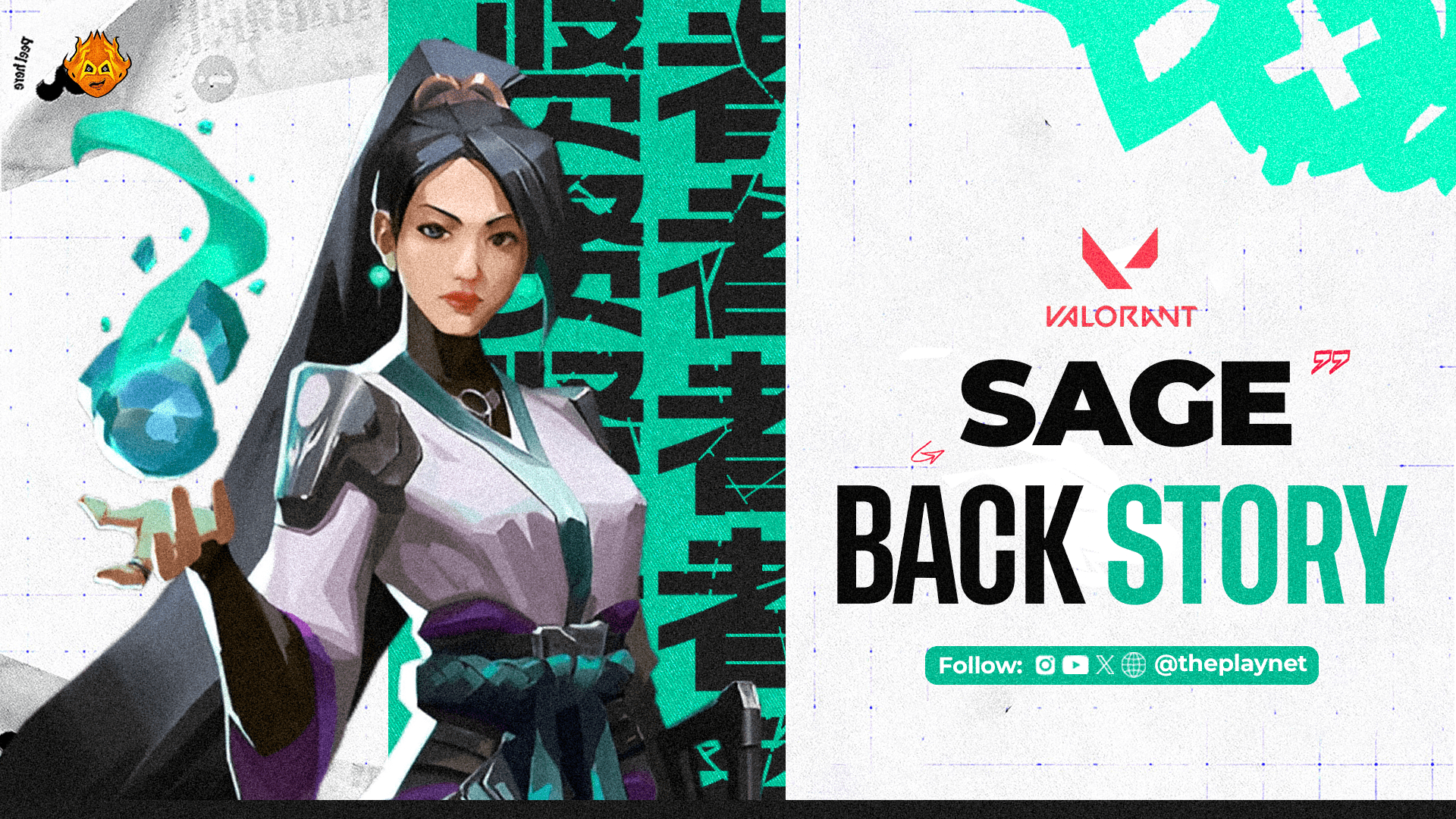
Esports, once a niche pastime, has now become a global phenomenon. India, a nation deeply rooted in traditional sports like cricket, kabaddi, and football, is also making strides in the esports arena. Akshat Rathee, Managing Director of NODWIN Gaming, a subsidiary of Nazara Technologies, discusses the significance of India's participation in the Asian Games and the hurdles esports faces on its journey to secure its place among the top three sports in the country.
Esports achieved a significant milestone when it became a full-fledged medal event at the Hangzhou Asian Games. This marked a considerable shift from its status as a mere 'demonstration event' in the 2018 Asian Games. India proudly participated in four out of seven total titles, namely DOTA 2, EA Sports FC Online, League of Legends, and Street Fighter V: Champion Edition. With a 15-member squad representing the nation, the spotlight turned towards esports in India.
Being part of the Asian Games lends esports a crucial layer of legitimacy. Similar to events like the Commonwealth Games and the Olympics, the Asian Games bring fame and prestige, especially if Indian players perform well. The extensive coverage by mainstream media following victory combines pride and recognition, contributing significantly to the industry's growth.
Esports in India aspires to secure its place among the top three sports, alongside cricket, kabaddi, and football. However, this ambition faces challenges regarding acceptance from both the government and the general public. Encouragingly, change is afoot, driven by various initiatives. Events such as the BGMS on Star Sports, BGIS at the Dome, Dreamhack with the government of Telangana, MP Academy's focus on gaming, the UP government's partnership for FreeFire, and participation in the Asian Games are all contributing to expanding the industry's reach.
India has been a hotbed for mobile game downloads but has lagged in terms of consumer spending. Rathee emphasizes that Indian spending habits tend to be more conservative per ticket size but substantial in aggregate. This trend extends to various sectors, from FMCG to telecommunications. As esports gains traction, games like FreeFire and BGMI have already demonstrated their potential to earn millions. With India's economic development and the transition from feature phones to smartphones, the Total Addressable Market (TAM) will expand, creating opportunities for those invested in the market.
Several factors have contributed to the shift in gaming habits among Indian consumers in recent years. Firstly, the changing age demographic has brought a new generation of gamers into the fold. Additionally, increased screen time due to daily routines has led to a natural gravitation toward gaming. The pandemic also played a role, as gaming was embraced as a socially acceptable pastime during lockdowns. Lastly, the growth of gaming in regional markets beyond English and Hindi is expected to accelerate in the coming years, further diversifying the esports landscape in India.
The journey of esports in India is marked by achievements, challenges, and the promise of a prosperous future. With recognition at the Asian Games, the industry is poised to thrive. As India's esports community continues to grow and evolve, its ascent toward becoming one of the nation's top three sports appears increasingly likely. The road ahead may be challenging, but the passion and dedication of esports enthusiasts in India will undoubtedly help pave the way for a brighter future.
Also Read: Asian Games Esports: India's Debut Performance Analyzed

2 months ago

3 months ago

3 months ago

3 months ago

3 months ago